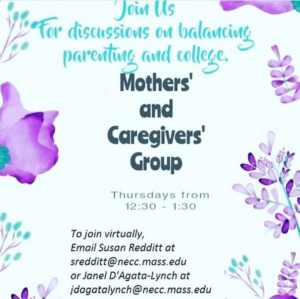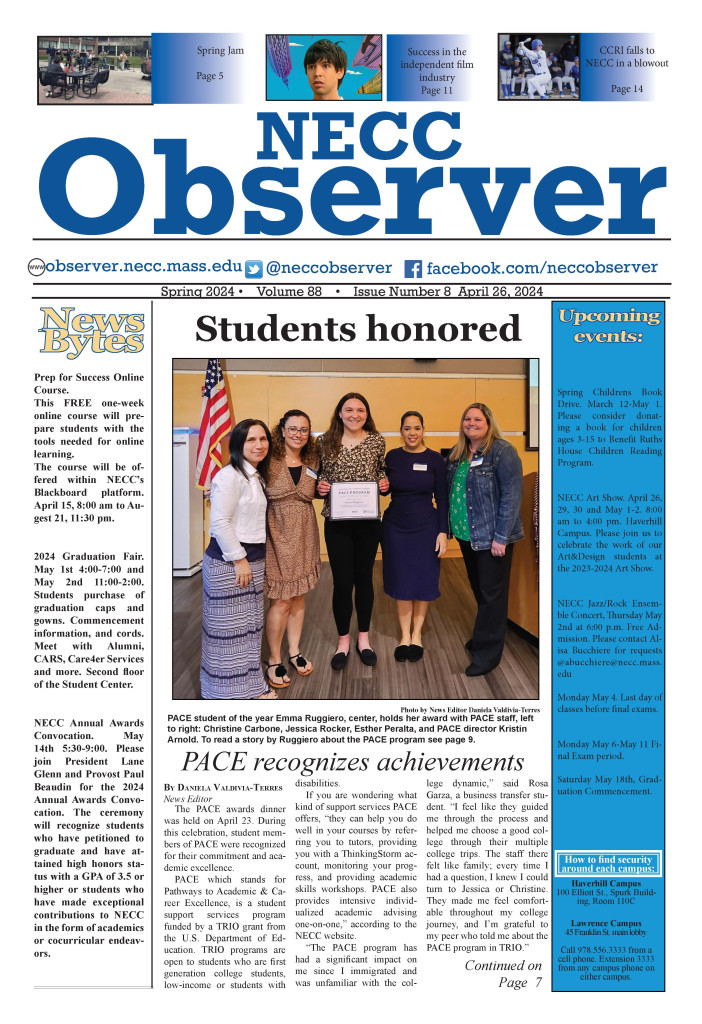Being required to stay under quarantine has opened my eyes as to everything I took for granted outside of my house. Typically, I strain myself by playing PC games late at night, with friends, until the early morning and then sleep through the day. The concept of day and night is fleeting, as even my younger sister and stepbrother have been staying up until 2 or 3 in the morning.
The grim feeling of obedience to stay inside has me craving the outdoors. Any kind of change involving usually despised exercise, would bring hope to the idea that quarantine is soon over and that I can see my friends again in real-life. Until then, I need to fight eye strain, find something to occupy myself, and motivate myself to continue with my education.
The most difficult part of this quarantine hasn’t been the strain to stay inside, but the strain to stop neglecting my schoolwork. If I have in-person classes, at least I have a sort of constant reminder every time I go to campus. This wouldn’t be an issue if my PC served as only a work PC, as every time that I log on, I get bombarded with messages from eager friends, awaiting the next day’s worth of video games.
Just the other day, I had several friends ask to play at once. There was a new update for “Battlefront II”. My friend who is currently deployed in Japan just got sent on a week’s leave due the pandemic and I had my daily crew of online friends (friends who also, unfortunately, have been neglecting schoolwork) that I always play with.
The virus also has me toying with many more creative ways to occupy my time. Several friends and I have looked into the creation of a YouTube channel.
I myself have been speaking more commonly with my online friends from Europe, as I have no reason to be awake too early or too late. They have gotten me more into plastic modelling and doing more research about history. Just the other week, I looked through the entire Norwegian archives regarding Infantry during Operation Weserübung, over 10,000 individual photos, last week. It caused so much eye strain that I had to turn my computer to night mode during just the daytime so that I could view even more. I still have over 30,000 images to look through, they will all likely take me a week each, so I will most likely get them done after the semester is over.
My hunt through the Norwegian archives was however, triggered by unfortunate circumstances; a friend of over 4 years recently broke things off with me due to an argument about historical accuracy. It got really heated and we got into a massive fight that wound up with him cutting me off completely from his life, and a bit of the New England Reenactment community. This was an event I saw coming, as we typically would have confrontations such as this one. I think that COVID-19 has brought the bad side out in a great many of us, but the good side in many others as well.
My parents and stepparent are all currently working, with two of them considered essential, my mother, a child psychiatric counselor, and my father, a lineman working for Verizon. I am very grateful that they are all able to still work from home or in-person and provide a place of shelter for myself and the rest of my family.
My mother has been beyond careful to make sure that herself and the apartment are as clean as possible, especially after returning from work, where there is currently a breakout of the virus among staff on the other side of the hospital.
Whatever this quarantine results with, and whenever it ends are both irrelevant to me. I just simply want it to end and I want to go back to normal life. I want to go back outside, go for a bike ride, or just longboard at night again with my life-long friend. I want to resume my education without any online constraints, and to not live in fear with either of my parents bringing home the virus to me and the rest of my family, as they continue to make society operate as it should. If there are any lessons for me to learn, they involve thankfulness to my family, an increase in work ethic for myself, a higher appreciation for the outdoors, and the many skills that I have re-learned.



